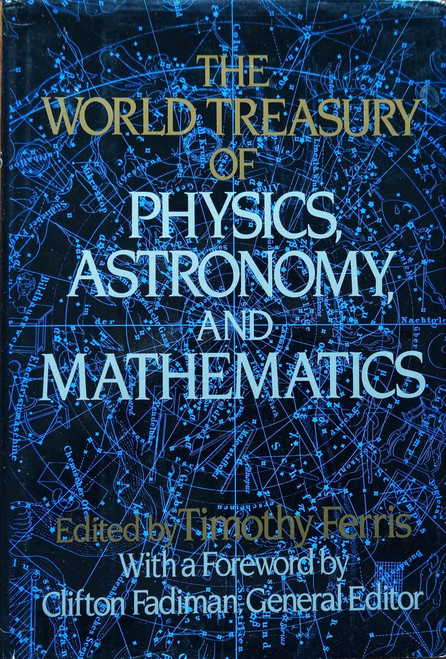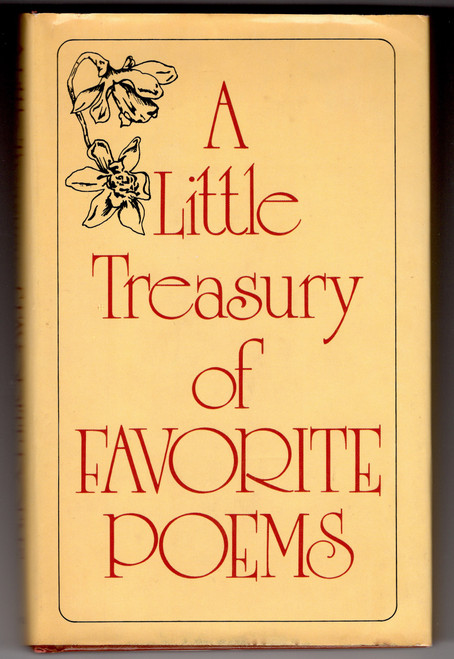In recognition of our universal fascination with the cosmos and worlds beyond our own, Timothy Ferris has assembled a provocative collection of some of the most eloquent and inspired science writer of our time. The over sixty scientists and science commentators represented here explore the minute, the small, and the huge, and the grand--in short, all the facts and mysteries that make up our universe,from quanta and black holes to galaxies and the theory of chaos.
The works of such luminaries as Richard P. Feynman, George Gamow, Albert Einstein, Paul Dirac, Max Planck, Isaac Asimov, Bertrand Russel, Carl Sagan, Stephen Hawking, Jacob Bronowski, Edwin Hubble, and Alan Turing are included, with many pieces artfully juxtaposed to explore the several sides of such labyrinthine issues as the nature of time and space, the origin and structure of the universe, and the enigma and grandeur of pure mathematics, Also looked at are the lives of scientists themselves: as Wheeler praises Einstein, Einstein pens a tribute to Planck, and Mehra ponders Dirac, we become at once aware of science as a craft as well as an empirical ordering of facts and events. The breadth of these thoughtful musings is a potent affirmation of the power of the scientific way in our own lives. As Ferris proclaims in his preface, "The delights of science and mathematics-their revelations of natural beauty and harmony, their visions of things to come...belong to the cultural heritage of the entire world, and to know something about them is to be acquainted with the finest new achievements of the human mind."
About the Author
Timothy Ferris is the author of twelve books - among them The Science of Liberty and the bestsellers The Whole Shebang and Coming of Age in the Milky Way, which have been translated into fifteen languages and were named by The New York Times as two of the leading books published in the twentieth century, and Seeing in the Dark, named one of the ten best nonfiction books of 2002. He also edited the anthologies Best American Science Writing 2001 and The World Treasury of Physics, Astronomy, and Mathematics. A former editor of Rolling Stone magazine, he has published over 200 articles and essays in The New Yorker, Time, Newsweek, Forbes, Harper's, Scientific American, Vanity Fair, The Nation, The New Republic, The New York Review of Books, and other periodicals.
Ferris wrote and narrated three television specials - "The Creation of the Universe," which aired repeatedly in network prime time for nearly 20 years, "Life Beyond Earth" (1999), and "Seeing in the Dark" (2007). He produced the Voyager phonograph record, an artifact of human civilization containing music and sounds of Earth launched aboard the twin Voyager interstellar spacecraft, which are now exiting the outer reaches of the solar system. He was among the journalists selected as candidates to fly aboard the Space Shuttle in 1986, and has served on various NASA commissions studying the long-term goals of space exploration and the potential hazards posed by near-Earth asteroids.
Called "the best popular science writer in the English language" by The Christian Science Monitor and "the best science writer of his generation" by The Washington Post, Ferris has received the American Institute of Physics prize and a Guggenheim Fellowship. His works have been nominated for the National Book Award and the Pulitzer Prize.
A Fellow of the American Association for the Advancement of Science, Professor Ferris has taught in five disciplines - astronomy, English, history, journalism, and philosophy - at four universities, and is now emeritus professor at the University of California, Berkeley.








